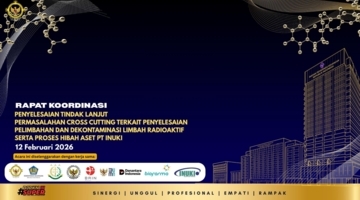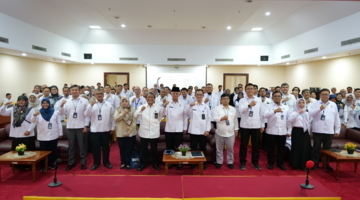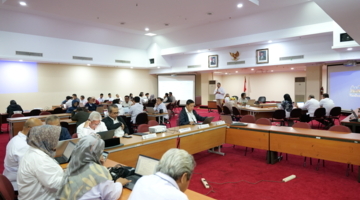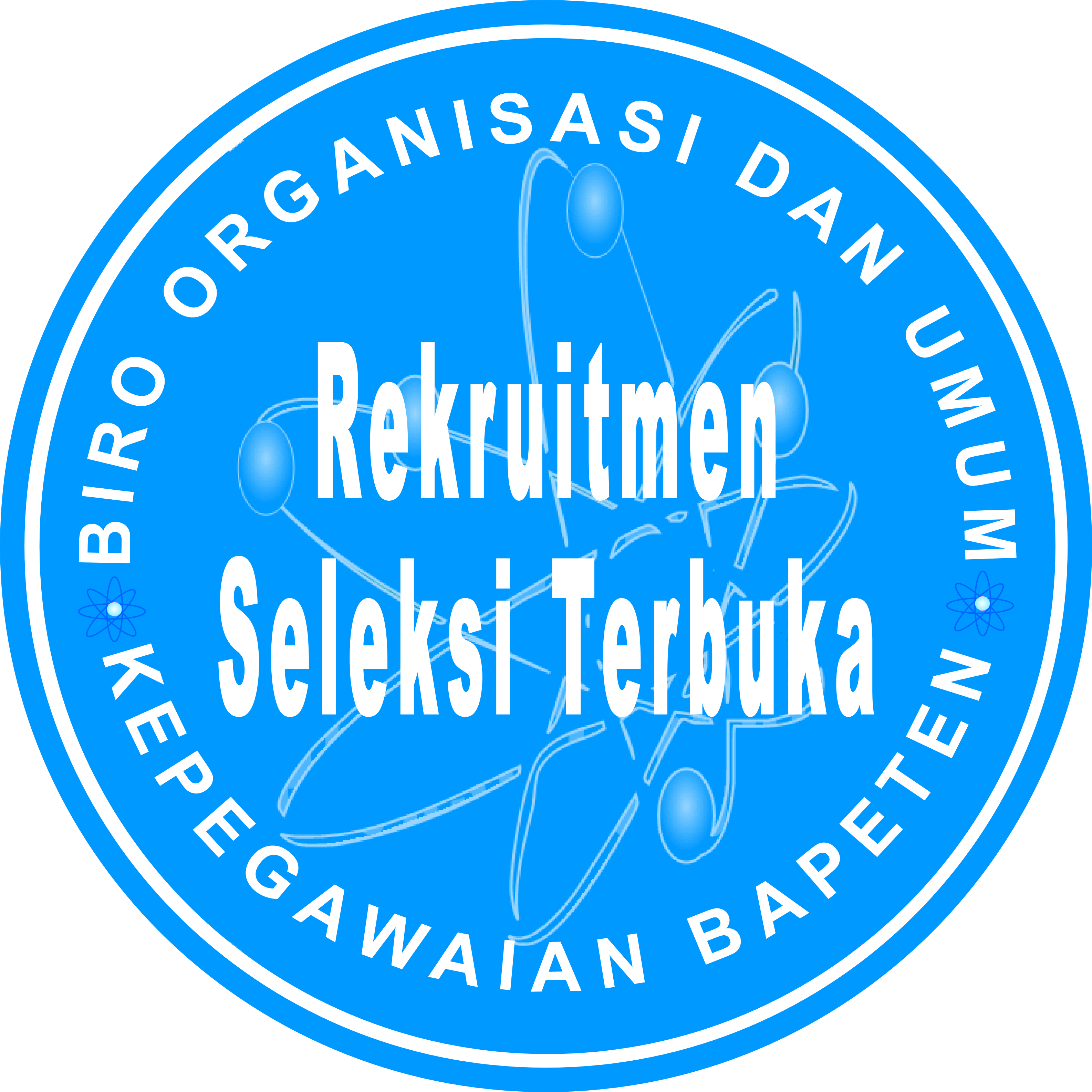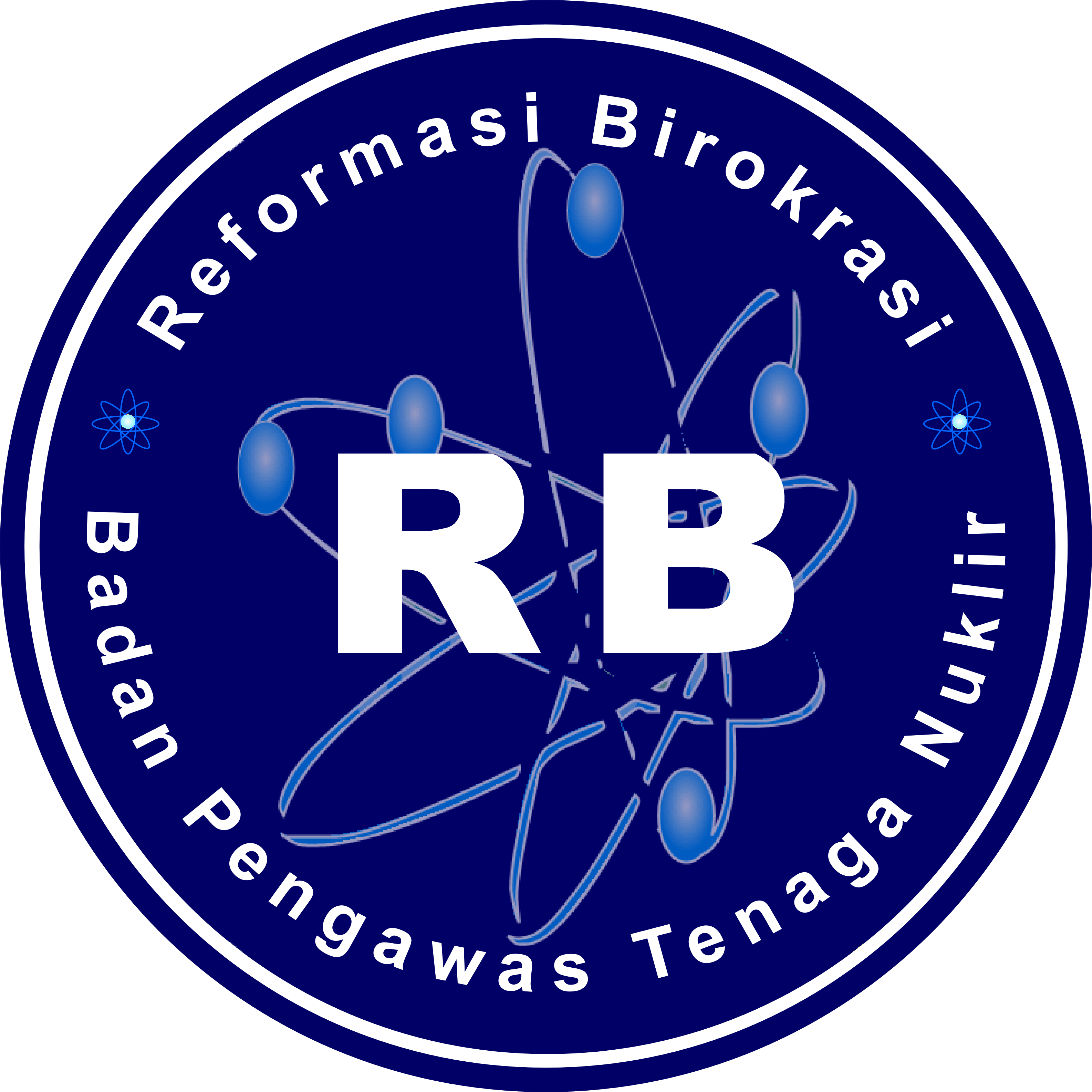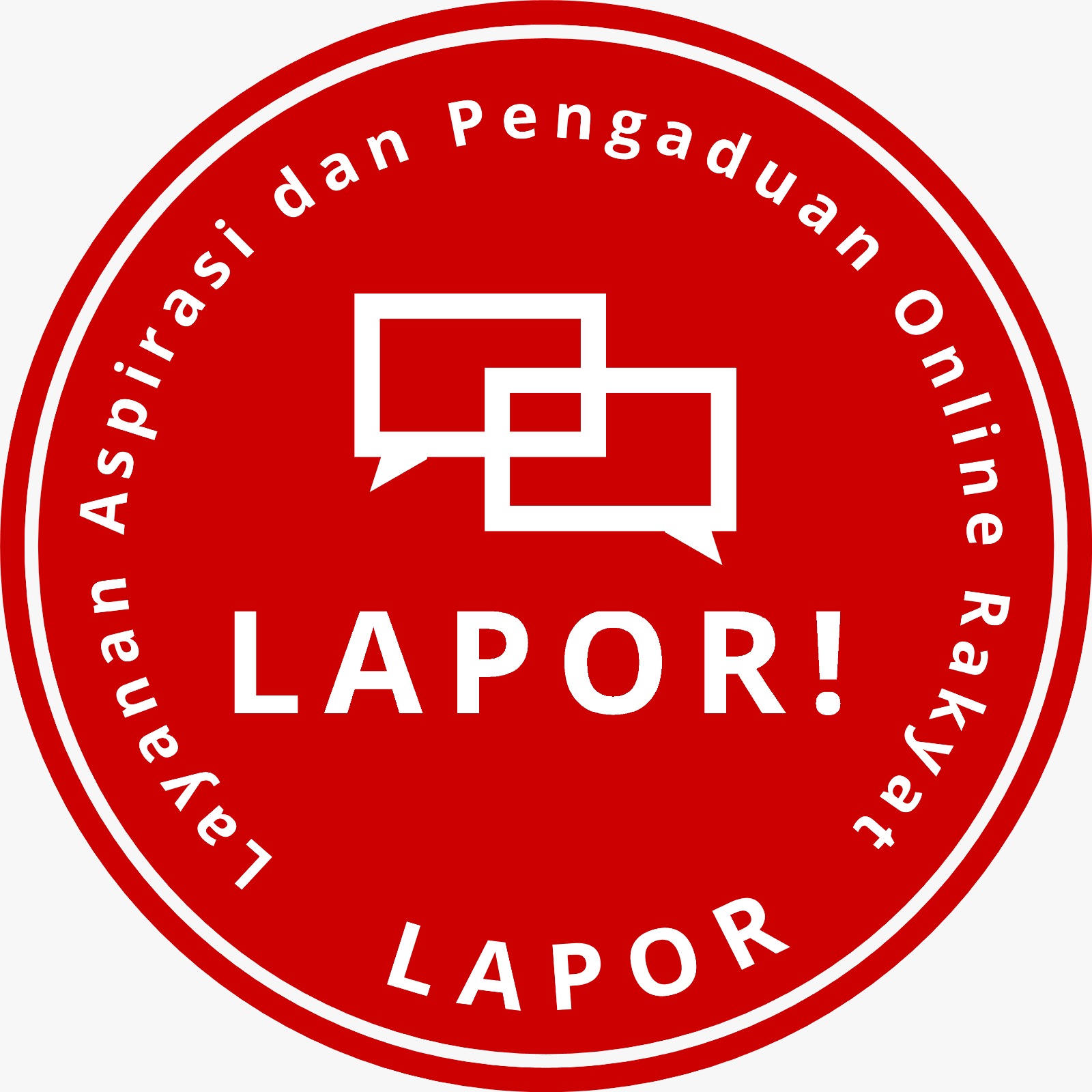BAPETEN Prepares Policy Recommendations for Synchronizing New and Renewable Energy Bill and Nuclear Energy Bill
Kembali 27 November 2020 | Berita BAPETEN | 950 lihatBAPETEN held a Focus Group Discussion (FGD) to discuss the New and Renewable Bill (EBT Bill), Friday (27/11). FGD aims to share information on EBT policies and programs, electricity and nuclear energy, identify slices and potential disharmony of regulation in the Copyright Act, Electricity Law, EBT Bill and Nuclear Energy Bill, as well as develop policy recommendations and regulations on the EBT Bill and the Nuclear Energy Bill, especially for nuclear power plants.
In this FGD, there was Deputy Chairman for Nuclear Safety Assessment (PKN) Dahlia C.Sinaga, Head of The Center of Nuclear Installation and Materials Regulatory Assessment (P2STPIBN) Judi Pramono, Director of New and Renewable Energy (EBT) - Director General of EBTKE Harris Yahya, Director of Engineering and Environment of Electricity - Director General of Electricity Wanhar, ITB expert Zaki Suud, and functional of the regulatory and assessment units at BAPETEN and the Ministry of Energy and Mineral Resources.
FGD began with a speech by Deputy Chairman for Nuclear Safety Assessment Dahlia C.Sinaga. Dahlia stated that the alignment and harmonization between the EBT Bill and the Nuclear Energy Bill with the Copyright Act is very urgent, especially in the use of terminology, the division of authority between government agencies and local governments, the types of businesses involved and their governance, associated with the implementation of the NSPK RPP at the beginning of next year.
The event was continued with a presentation from the Head of The Center of Nuclear Installation and Materials Regulatory Assessment (P2STPIBN). Judi mentioned that this meeting was for the synchronization of the wedge between the Copyright Work Act, the EBT Bill and the Nuclear Energy Bill.
"From the results of the study, the regulatory norms in the EBT Bill have a wedge with the Nuclear Energy Bill, among the development, operation, and decommissioning of nuclear power plants, businesses that operate, institutions for its supervision, nuclear mining materials, and sustainable waste storage, as well as how to license the utilization of nuclear energy in Indonesia," Judi said.
Furthermore, the presentation by Harris Yahya related to "EBT Development Policy and Strategy in Indonesia". Harris stated that the use of fossil energy produces emissions that have an impact on climate change. Harris explained that currently, EBT costs tend to decrease significantly, driven by solar energy at 1.32 cents/kwh. The use of EBT itself has a positive impact on air quality, energy justice and energy security because EBT resources available in Indonesia are abundant and spread throughout Indonesia. EBT enhancement policy is set forth in the Presidential Regulation which will soon be published.
The presentation was continued by Wanhar as Director of Engineering and Electricity Environment. Wanhar explained that electricity business can be done by BUMN, BUMD, private, cooperatives and non-governmental organizations, with the first priority being BUMN and BUMD. Wanhar also explained that currently the 35,000 MW electricity program with coal power plant type is still not fully operational so a strategy is needed in the future that only clean coal technology can be used in the 35,000 MW program and the portion for EBT is opened as widely as possible.
In addition, Zaki Suud provides several views and inputs in nuclear energy policy, including the need for firmness from the government to declare “go nuclear” for energy, Indonesia's human resources expertise for Indonesian nuclear technology has been adequate but the involvement of academics and nuclear industry businesses must be improved, ecosystems and nuclear energy business strategies need to be prepared by the government, one of which is so that regulations follow good practice in other countries and not over-regulated. Recommended nuclear power plant with Gen-III technology and above can be built, while Gen IV has not been proven technology.
FGD ended with a discussion and QnA session about strategy of industry-based EBT and society, nuclear energy roadmap that needs the support of various elements in the government and identification of constraints from the internal and external sides of the government, followed by the closure by the Deputy Chairman for Nuclear Safety Assessment (PKN).[P2STPIBN/Zulfiandri/BHKK/IP/RA/OR]






